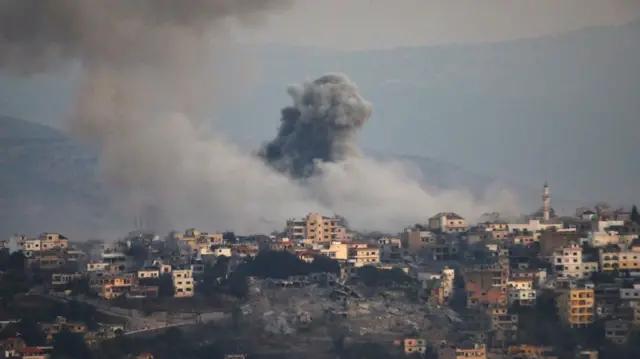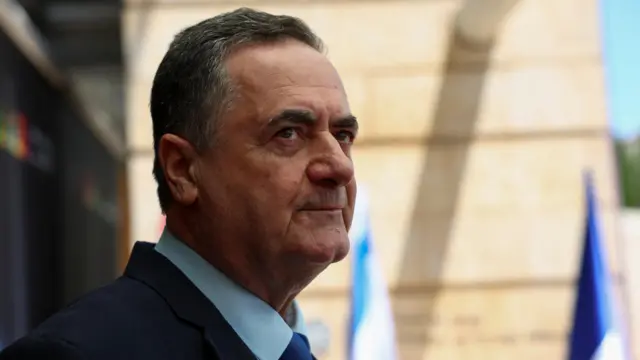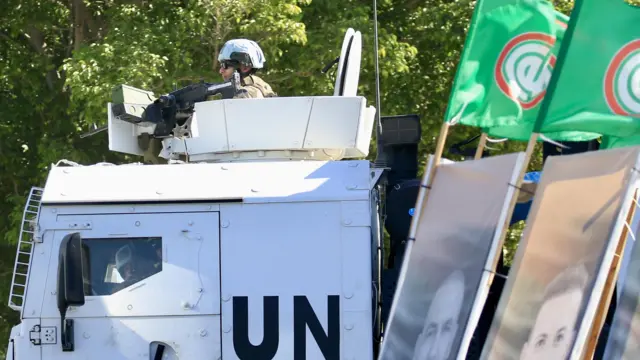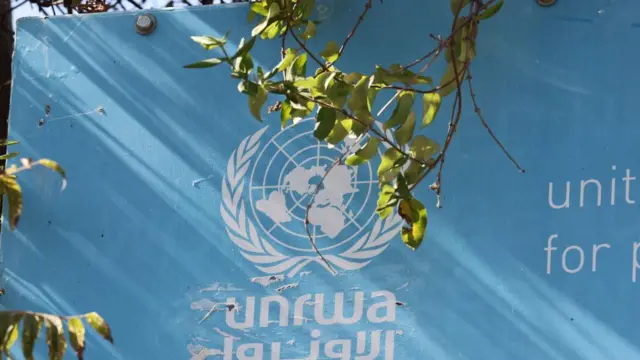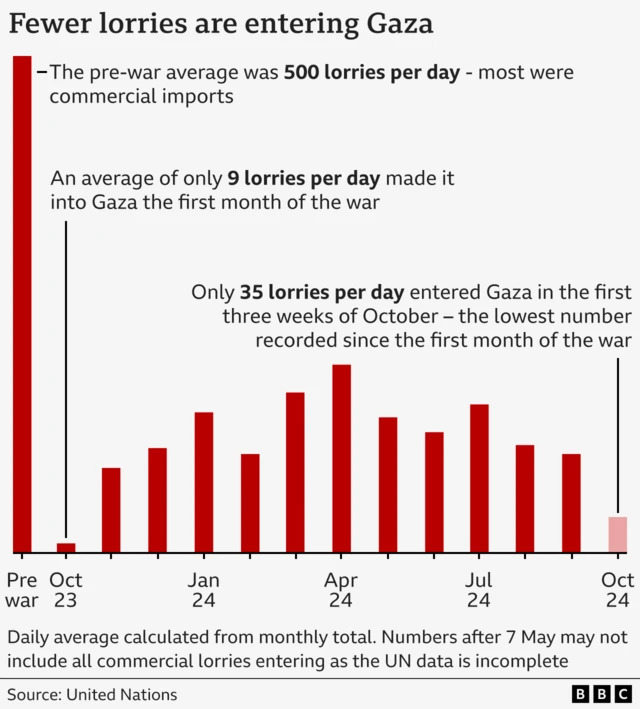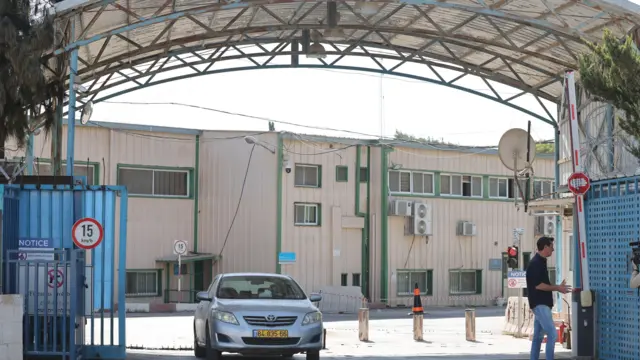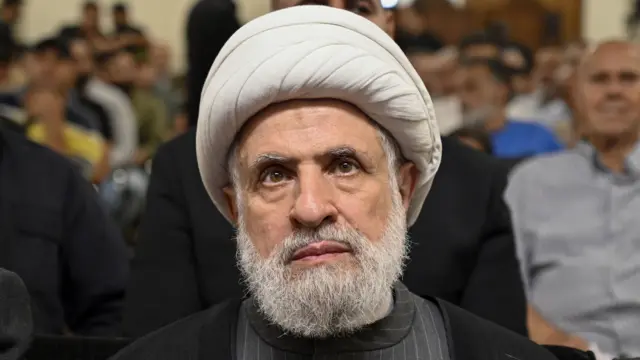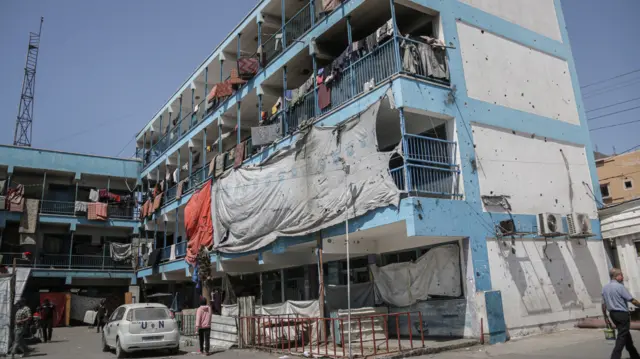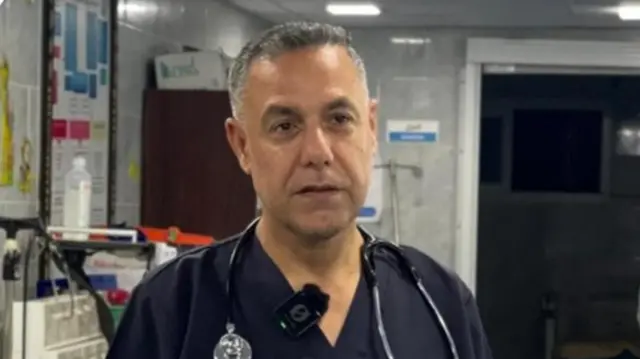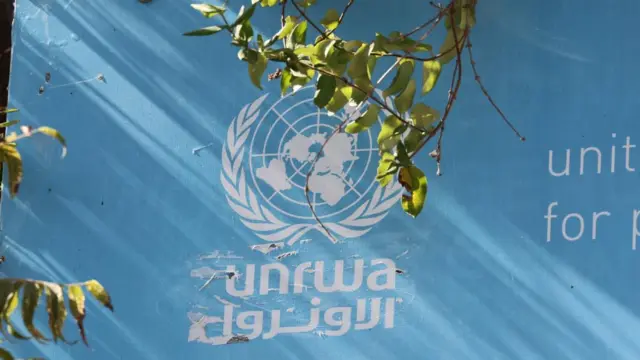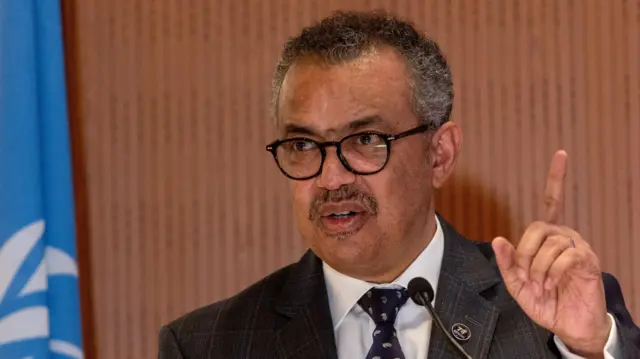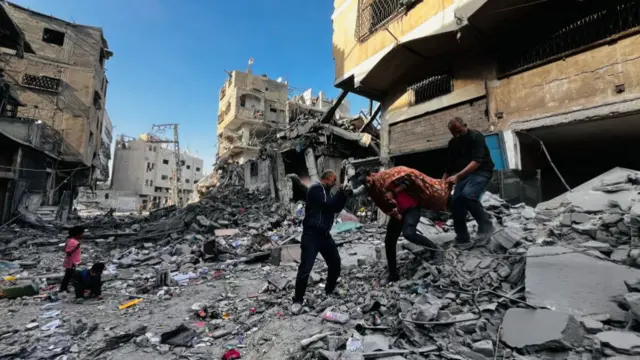Today's key developments, in 170 wordspublished at 18:05 GMT 29 October 2024
Israel's move to ban the UN's agency for Palestinian refugees:
- The Israeli parliament has voted to pass a law that would effectively ban Unrwa, under legislation due to come into effect within three months
- Unrwa's director said the organisation is "not sure there is a plan B right now" and that Gaza's aid supply chain will "fall apart"
- Aid organisations said Unrwa is "indispensable" in Gaza and that no viable alternatives exist
- Israel's allies have widely criticised the ban, with the US and others urging Israel not to implement it
Gaza
- The Hamas-run health ministry in Gaza says at least 93 Palestinians are killed and missing following an Israeli attack on a residential building in Beit Lahia in northern Gaza
Lebanon
- Lebanese state media reports that Israeli forces made their deepest incursion into southern Lebanon, while Israeli forces say 50 rockets was launched from Lebanon into Israel
- The United Nations Interim Force in Lebanon (Unifil) has also reported that a rocket hit its headquarters in Naqoura, in the country's south
We are ending out live coverage now. Thank you for joining us.
